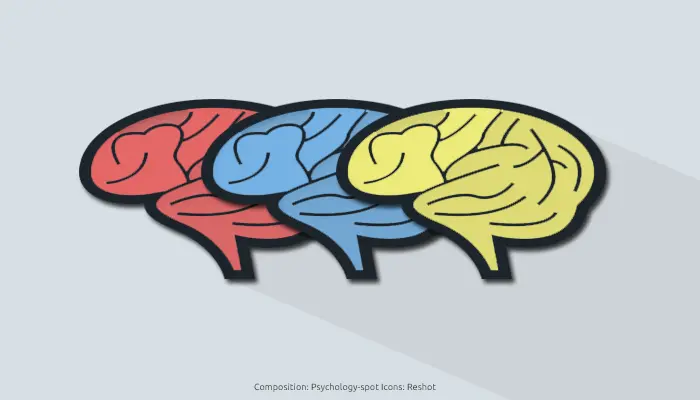
With our friends we not only share the good and the bad moments. The writer Robert Louis Stevenson said “A friend is an image you have of yourself”, and according to Neurosciences he was not wrong, because apparently we share much more than we could think with our friends: our neuronal responses.
A study conducted at Dartmouth University reveals that we can perceive the world in the same way as our friends since we have similar neuronal responses to stimuli. These neuroscientists discovered that they can predict with whom we could maintain a good friendship, or detect who are our closest friends by simply observing how our brains respond to videos.
Tell me who your friends are and I’ll tell you how you think
It is a pioneering study aimed at examining the connections of people’s neuronal activity within their social network in the real world. In the experiment they analyzed almost 280 people and their friendships, both the most intimate and the most distant social links. They all watched a series of videos while their neuronal activity was recorded by a functional magnetic resonance imaging scanner (fMRI).
The videos covered a wide variety of topics and genres, from politics to science, comedy and music, in a way that unleashed a wide variety of responses. They were presented in the same order and then the neuroscientists compared the neuronal responses to determine the degree of difference or resemblance.
They discovered that close friends had the most similar patterns of neuronal activity, followed by friends of friends. Therefore, just by seeing their neural responses, they could point out the intensity of the bond that unites us with another person.
It is worth clarifying that neuronal responses to natural dynamic stimuli, such as videos, are a window into the spontaneous thinking processes of people as they develop. These results suggest that friends process the world around them in a very similar way.
Interestingly, the similarity of the neuronal response among friends was even more similar in the brain regions involved in the emotional response, the attention span, and the reflective thinking.
See the world through the eyes of the others
Actually, it is not so strange since we are social beings that connect continuously with the others. We must appropriate of the “Theory of Mind” of another person if we want to maintain a satisfactory relationship in the long term. That means that, in the long run, after a long relationship, our neuronal responses end up resembling them as we learn to see the world through their eyes.
Obviously, it is a reciprocal experience since we also influence their way of seeing the world. Nor can we forget that, since we choose our friends, it is much more likely that we select people with whom we have common points and ways of thinking, so that the coincidences in the way information is processed increase.
Source:
Parkinson, C.; Kleinbaum, A. M. & Wheatley, T. (2018) Similar neural responses predict friendship. Nature Communications; 9 (1).



